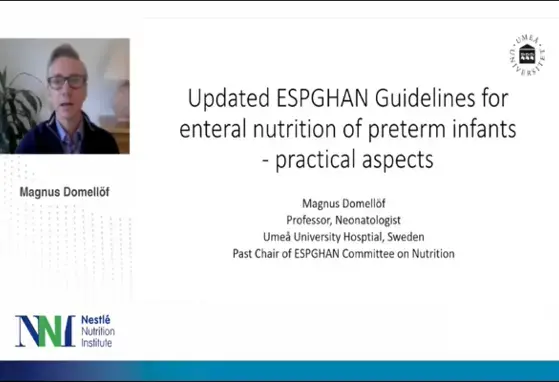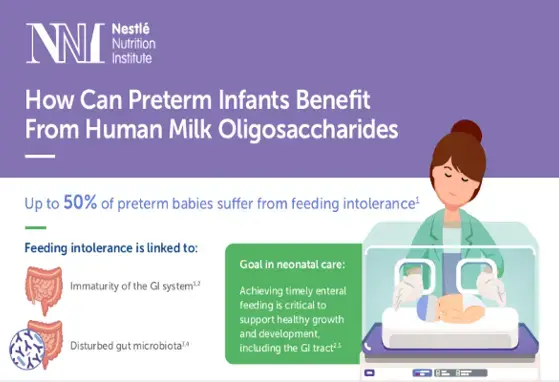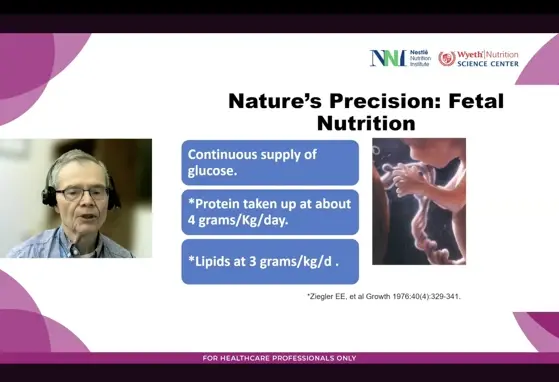Low Birth Weight
Premature, small for gestational age and low birth weight babies are an important public health concerns, especially in developing countries.This section covers the importance of using different nutrition approaches when managing low birth weight. It also brings extensive information on the nutritional requirements and adequate interventions recommended to ensure the best possible outcomes.


Together for Better Care: A call for zero separation of parents and preterm babies

New ESPGHAN guidelines for enteral nutrition: Practical aspects

Updates on nutrition for optimizing preterm growth

Clinicians should consider daily DHA supplements during pregnancy to reduce early preterm birth: Study

NNIW96 - Strategies in neonatal care to promote optimized growth and development: Focus on low birth weight infants

96th Nestlé Nutrition Institute Workshop - Strategies in neonatal care to promote optimized growth and development: Focus on low birth weight

How Can Preterm Infants Benefit From Human Milk Oligosaccharides


